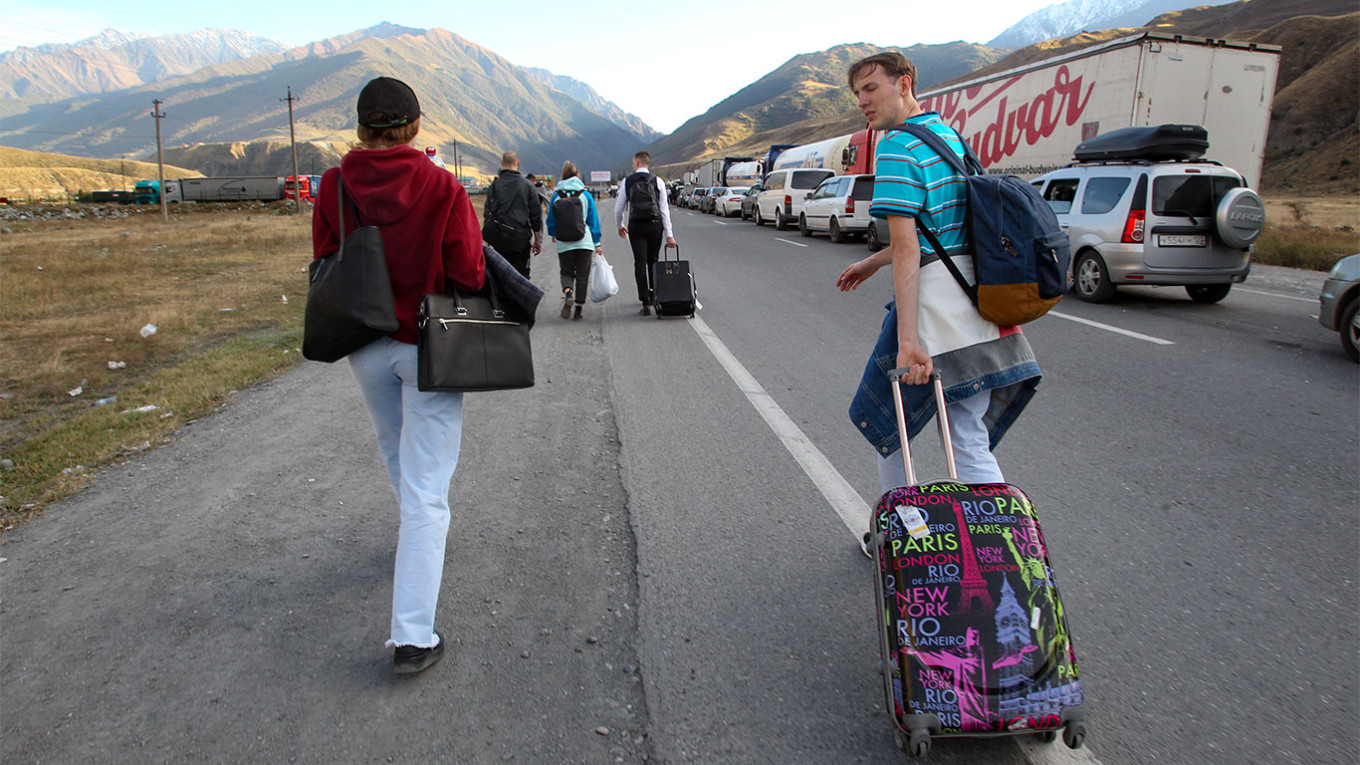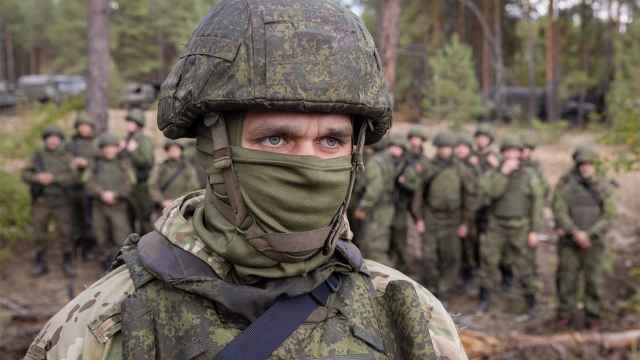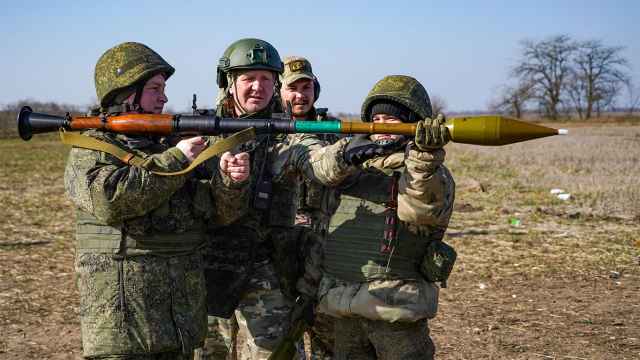Russia’s powerful Federal Security Service (FSB) has begun summoning men who have recently returned to the country after long absences during last year's nationwide mobilization campaign, Russian investigative news website iStores reported on Thursday.
Several residents of Siberia’s Omsk region told iStories they had received phone calls asking them to attend the local FSB office.
One eligible conscript told the outlet he had fled Russia the day President Vladimir Putin announced a “partial” mobilization on Sept. 21, only returning last month.
Another told iStories "the dialogue was approximately as follows: 'Hello, could you come to our address tomorrow, we need to interview you about why you recently left the country'," adding that "nobody went to the interrogation, of course."
An FSB officer confirmed making such calls to iStories, describing the requests as "routine questioning."
"Not even an interrogation. We'll talk to you, we'll draw up a record of the questioning, and you can go home quietly. That's our job," an unnamed FSB officer said.
Activists based elsewhere in the country told iStories that the type of calls being made by the Omsk FSB had not yet been reported in other regions of Russia.
Up to 1 million people are estimated to have fled Russia during last year’s mobilization drive, which sought to drum up some 300,000 new recruits for the army amid widely reported military defeats in Ukraine.
While Putin has declared an end to the draft, experts contend that a simple declaration has no legal value without a signed decree.
Independent Russian journalists reported earlier this year that a comprehensive database of men eligible for conscription had been developed by the authorities since then, and that anyone in the database would find themselves unable to leave the country in the event of a fresh mobilization wave.
Concerns have also grown recently as Russian lawmakers moved to adopt legislation that simplifies call-up procedures for military enlistment officers.
A Message from The Moscow Times:
Dear readers,
We are facing unprecedented challenges. Russia's Prosecutor General's Office has designated The Moscow Times as an "undesirable" organization, criminalizing our work and putting our staff at risk of prosecution. This follows our earlier unjust labeling as a "foreign agent."
These actions are direct attempts to silence independent journalism in Russia. The authorities claim our work "discredits the decisions of the Russian leadership." We see things differently: we strive to provide accurate, unbiased reporting on Russia.
We, the journalists of The Moscow Times, refuse to be silenced. But to continue our work, we need your help.
Your support, no matter how small, makes a world of difference. If you can, please support us monthly starting from just $2. It's quick to set up, and every contribution makes a significant impact.
By supporting The Moscow Times, you're defending open, independent journalism in the face of repression. Thank you for standing with us.
Remind me later.






